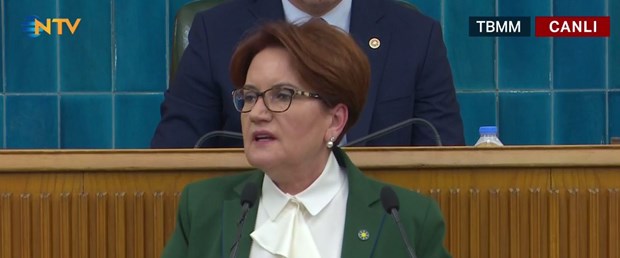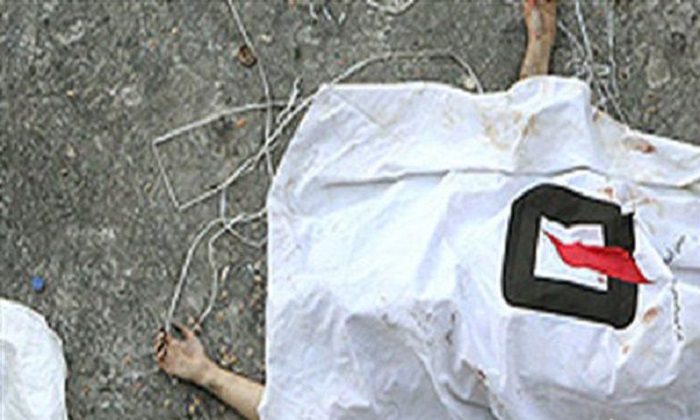Conference: Uniting for Freedom From Iran’s Terror, and Toward a New Democratic Middle East

Rahim Hamid is an Ahwazi Arab freelance journalist and human rights advocate who mainly writes about the plight of his people in Iran.
Only a few meters away from the EU headquarters in Brussels, activists from Iran’s ethnic minority populations, as well as politicians from Arab and regional nations and other countries worldwide gathered on Saturday 20th and Sunday 21st of January for a conference named “Together to Counter Iranian-Sponsored Terrorism”.
The conference’s primary focus was on the Iranian regime’s regional interventionism in recent years, related developments in Iran, and the prospects for cooperation between various political and civil groups opposing the regime’s repression domestically and regionally, particularly in light of the recent outbreak of anti-regime protests that swept across cities in every part of the country. The event also featured the discussion on the situation facing Iran’s ethnic minorities in the wake of the regime’s regional policies.
The remarkable two-day forum was held as a cooperative initiative by the Arab Struggle Movement for the Liberation of Ahwaz (ASMLA). It included workshops discussing issues affecting non-Persian minorities under the Iranian regime, as well as analysis of strategies to bolster coordination domestically and regionally in countering the regime’s brutal oppressive policies, and what steps can be taken to involve the UN and the relevant international human rights bodies in designing initiatives to successfully counter the regime’s brutality and injustice.
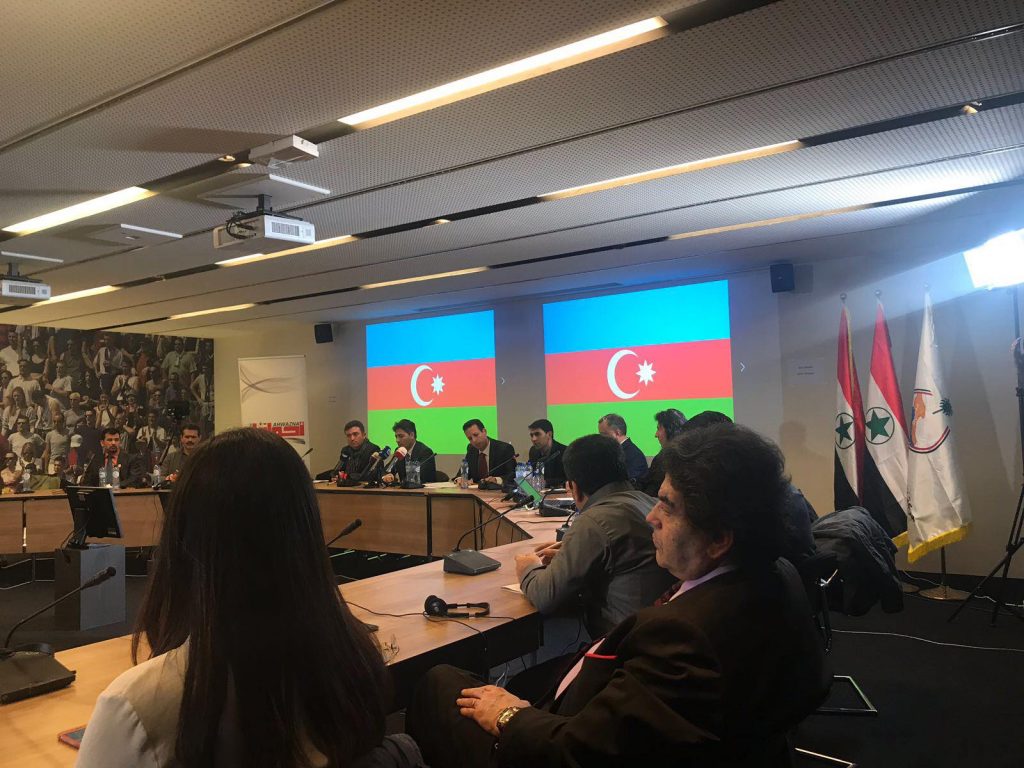
Themes under intense discussion during the conference included how best to dismantle the theocratic regime; countering Iranian-sponsored terror; demanding the liberation of Ahwaz; ending the Iranian regime’s interventionism in Syria, Lebanon and Palestine; racial persecution by the regime, and the problems facing Iran’s imprisoned activists and dissidents.
Participants came from across the Middle East and the world, with delegates including lawmakers from Bahrain, Jordan, and Tunisia, as well as activists from the US, Canada, Kuwait, Saudi Arabia, Algeria, and Iraq, along with representatives of Kurdish and Turkish groups in Iran.
The participants expressed their solidarity with the Arab peoples adversely impacted by the regime’s damaging subversive role in the region, affirming the need for greater unity amongst all the region’s peoples to halt the Iranian regime’s destabilizing, divisive and destructive regional role.
In his inaugural speech at the conference, the head of ASMLA Habib Jaber said the protests that broke out across Iran had exposed the regime’s true poisonous character: “The regime showed its ‘generosity’ in Syria, Iraq Lebanon Yemen, and north and central Africa for the sake of spreading terror in the Arab world,” he said, referring to the regime’s massive deployment of troops, militias and arms, and its disbursement of funds to various groups and sectarian militias, as well as to the Assad regime.
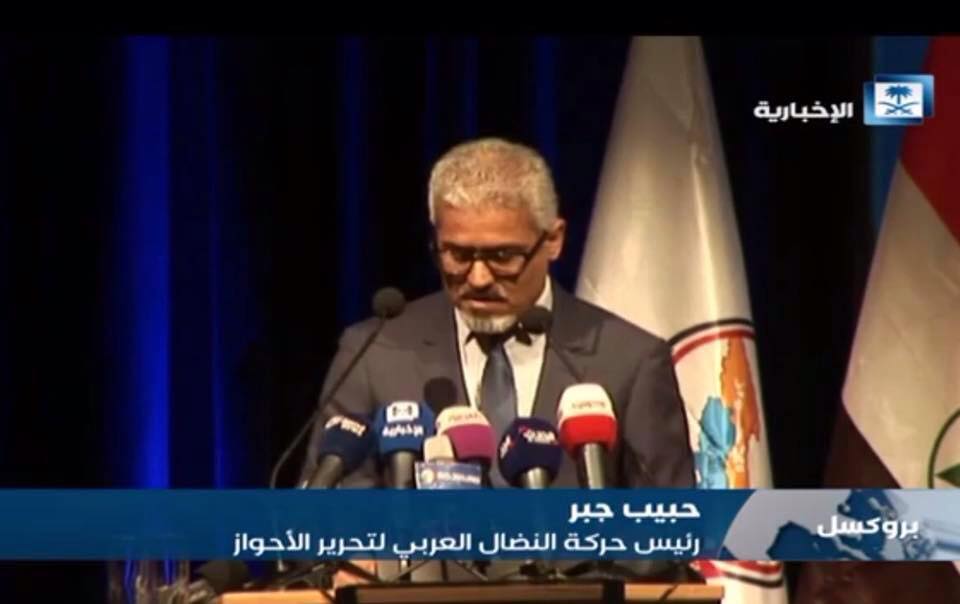
He added, “This generosity comes from the usurped resources of Ahwaz, which is an Arab land occupied by the regime whose resources are channeled into its expansionist schemes in the Arab region.”
Jaber noted the regime is adopting a strategy of spreading terror, intimidation, and chaos across the Middle East.
“The regime is committing crimes against humanity through terror groups linked to the Quds Force”, he said, referring to the arm of the IRGC assigned with carrying out missions beyond Iran’s borders, emphasizing that the regime’s strategy is part of a coordinated effort to change the face and character of the Arab region.
On the recent massive protests which erupted across Iran, the ASMLA’s head said that the unprecedented demonstrations across the country were sparked by the catastrophic economic situation in Iran which he said is a direct result of the regime’s pumping countless billions into regional interventionism and wars.
“This isn’t a revolution of the hungry aimed at enforcing economic reforms, but it rather is a revolution seeking to change the regime entirely,” he stressed, adding that the protests had erupted in opposition to the injustice, corruption, and theocracy that permeate every aspect of the people’s lives, and asserting that the clerical regime exploits religion as a tool of rue.
Speaking about the need for greater Arab solidarity with the Ahwazi people, another delegate and supporter of Ahwazi freedom, Jordanian lawyer Shatha Grisat, told al-Sharq al-Awsat, “Supporting the cause of the Ahwazis is simply a tool to protect the national security of each Arab nation without exception.” She added that the Iranian regime is a repressive entity and an anathema to Arabs and everything related to the Arab people, and has tried tirelessly to annihilate all the Arab nations in terms of their values, civilization, infrastructure, advancement, and development. “It spreads terror, killings, torture, seditions, fissure, and discord,” she stated.
Another delegate, Sheikh Ahmed Ali Hussein, the Secretary-General of the Arab-Islamic Council in Lebanon, stressed his solidarity with the people of Ahwaz and the need to address the sectarian agenda that the Iranian regime has adopted as a strategy and method to destabilize the security and safety of the Middle East.
The level of Syrian involvement in the event was remarkable, with a large number of Syrians enthusiastically participating in the conference and taking part in protests demanding the downfall of the Syrian and Iranian regimes.
Talking about the recent chants of the Iranian protesters in the protests in Iran, the distinguished head of the Syrian National Council, George Sabra said that getting rid of the Iranian snake, which spreads terror wherever it goes, will be achieved by cutting off its head in Damascus.
Jamal Qaresli, a German parliamentarian of Syrian origins, blasted the Iranian regime’s role in the region and called on the Arab nations to offer more support to the Ahwazi cause.
Hamid Mansur al-Kaabi, an Ahwazi activist, said, “We are exerting our utmost efforts to unite the non-Persian peoples and those supporting the Ahwazi cause to resist the Persian schemes and convey our message in relation to our just cause that it is worthy of sacrifice and to expose the Iranian role in destabilizing the region.”
Another speaker at the conference, the distinguished American journalist Adelle Nazarian said, “Despite rhetoric from the mullahs and the ruling clerics, and support from so-called “reformists” who operate under the delusion that marked change can take place incrementally under the current Islamic regime, it is clear that there has been no marked improvement in human rights or the rights of women in Iran”. Nazarian added, “There are frightened men, women, and children in Iran. All of whom want nothing more than respect, dignity, liberty, and peace. Women in Iran have risked their lives for a chance at all of these opportunities. Iranian women have fought against this regime since day 1. And women in Iran have been on the front lines of the battlefield for freedom and equal rights. The regime has imprisoned pregnant women such as Ahwazi Arab women, women have given birth to children within prison cells, their homes have been broken into in the early hours of the morning and they have been beaten up in front of their husbands and children”.
Another delegate at the event, the head of the National Movement in Azerbaijan Saleh Kamarani, gave a glimpse in his speech into the history of Iran’s Turkish population, who make up around 40 percent of the country’s citizens, and are spread across 12 provinces out of 31 in Iran.
Kamarani said the activities of the Azeri Turkish ethnicities are peaceful and aimed to confront the regime’s racism, stressing that Turks in Iran are attempting to capitalize on their significant numbers in order to raise awareness of these issues and to gain far greater political leverage. He also pointed out that this substantial Turkish presence in the country means that “Everybody should acknowledge that no change can happen in Iran without the Azeris,” vowing that “Azerbaijan has ever been, and will never be silent” on matters of injustice.
Given Iran’s significant Turkish population, Kamrani said, “it is a fact recognized by all parties that radical changes cannot be achieved in Iran without Azerbaijan.” He likened the increasing disillusionment and opposition to the regime amongst Iran’s Turkish population to “a stone pot that is slowly warming, but after its heat does not cool easily,” adding that whilst “the national movement in Azerbaijan represents the Azerbaijani people, international acknowledgment of this fact will pave the way for people in Iran to demand the right to self-determination.”
Other delegates at the conference also called on called on the European Union and the international community to take a stronger stance in opposing the Iranian regime’s terrorism and its related efforts to undermine regional stability.
Irina Tuskerman, a US researcher, said that the EU is politically and morally responsible since it covers up the crimes of the Iranian regime and its practices against neighboring nations. She added that Western media have simply been unquestioningly repeating whatever information the Iranian regime provides them with concerning the domestic situation in Iran. She also pointed out that even the better-known Iranian opposition parties fail to mention the plight of Iran’s ethnic minority populations in their reports, meaning that even whilst raising the laudable slogans of freedom and democracy they are themselves ignoring the suffering of more than half of Iran’s population.
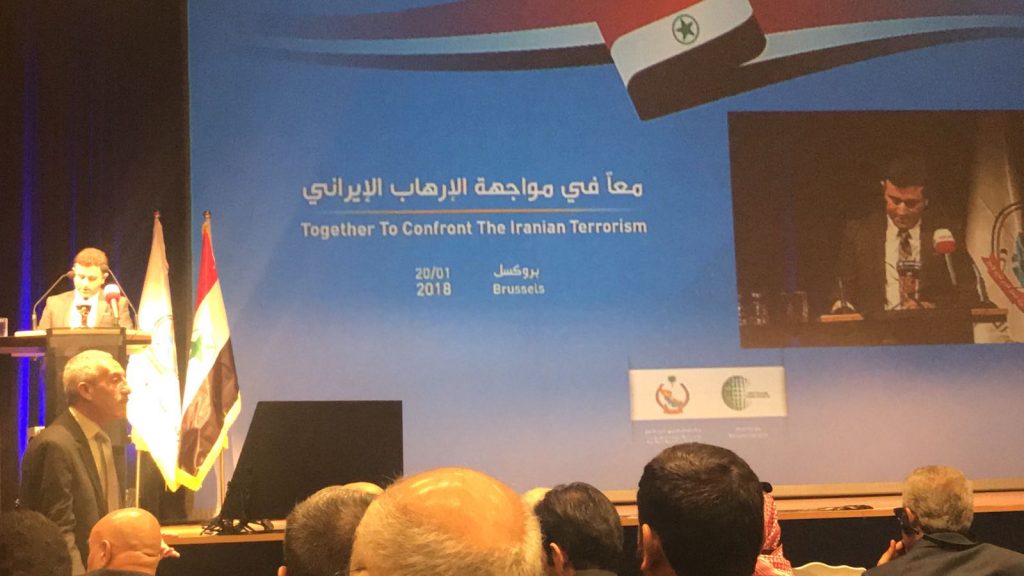
Another speaker, Babek Chalabiyanli, the spokesperson of the Azerbaijan National Resistance Organization (ANRO), said, “We, the Southern Azerbaijani Turkish people, have been struggling to achieve our right to self-determination for several decades. The country which is called Iran nowadays consists of the diversity of ethnic elements; Turks, Arabs, Persians, Baluchi’s, Kurdish, Turkmens, and others. Since the formation of Iranian State, Persian bureaucrats and Persian nationalism have gained a great influence in central government. For this reason, the Turks of South Azerbaijan have been struggling to take their fate into their own hands for 100 years. After the experience of the last few decades, the Azerbaijani people decided to separate apart from the centralist groups in Iran. All the Iranian reformist and opposition Persian groups left us along with the cruel regime and nobody demonstrated any solidarity with us – I mean we the non-Persian populace. In my opinion, all the non-Persian peoples need to stand in solidarity with together and I do believe that Turks’ and Arabs’ solidarity will play a significate role in achieving regime change in Iran.”





